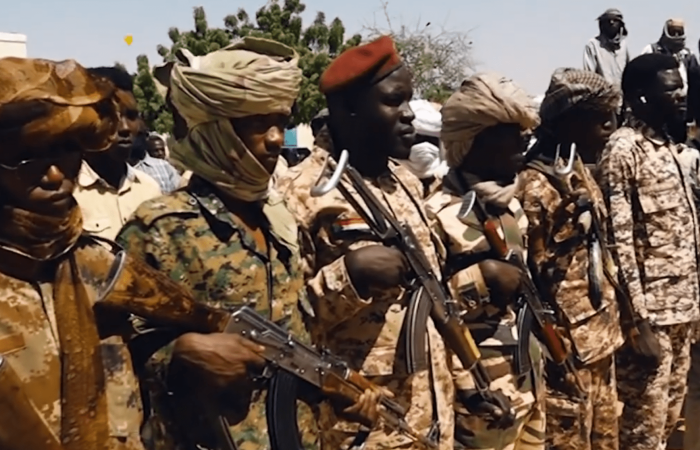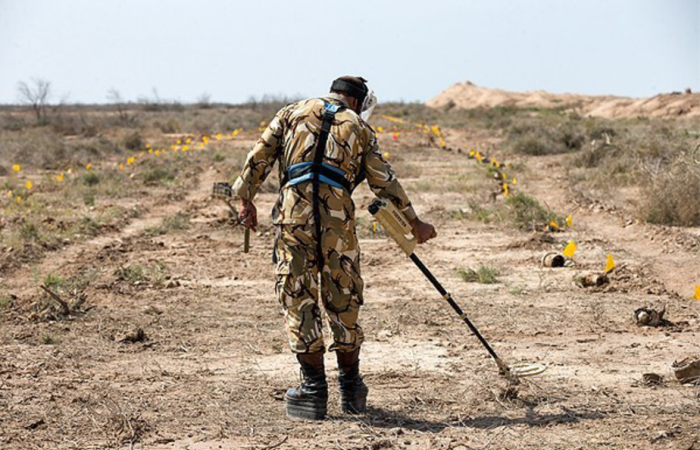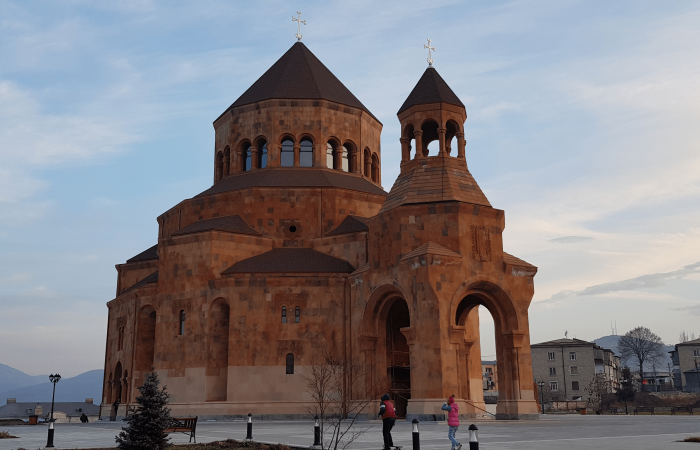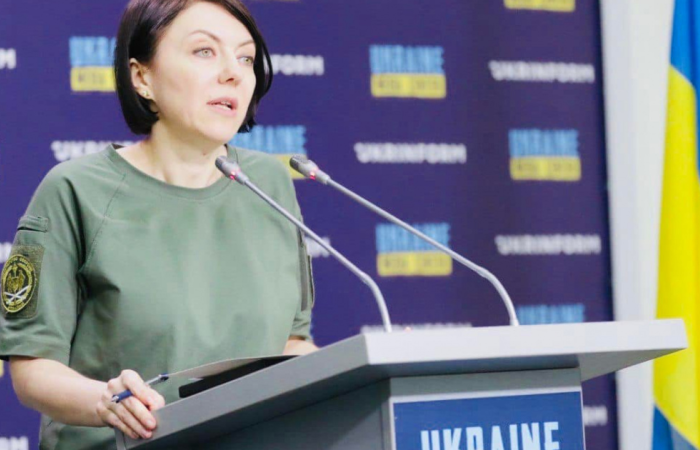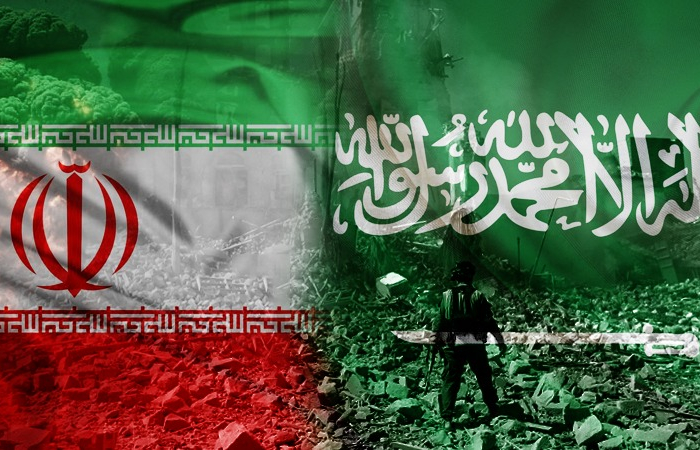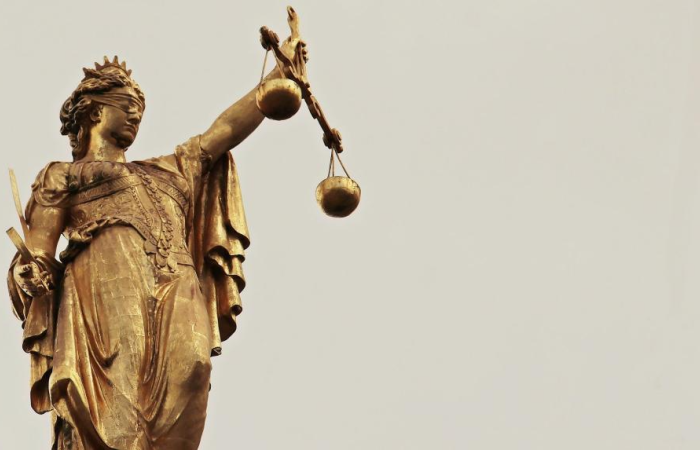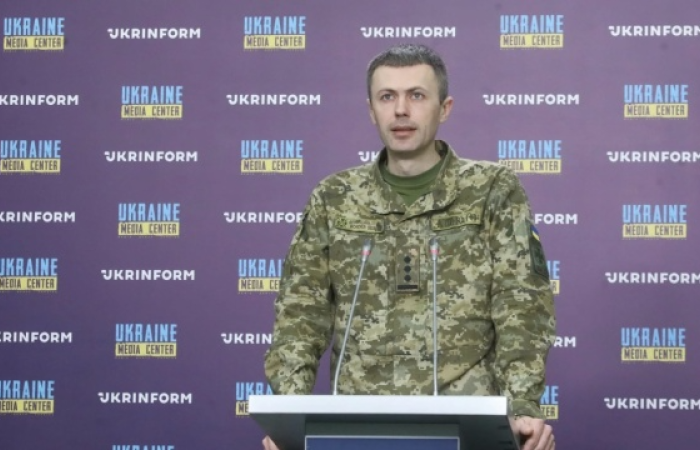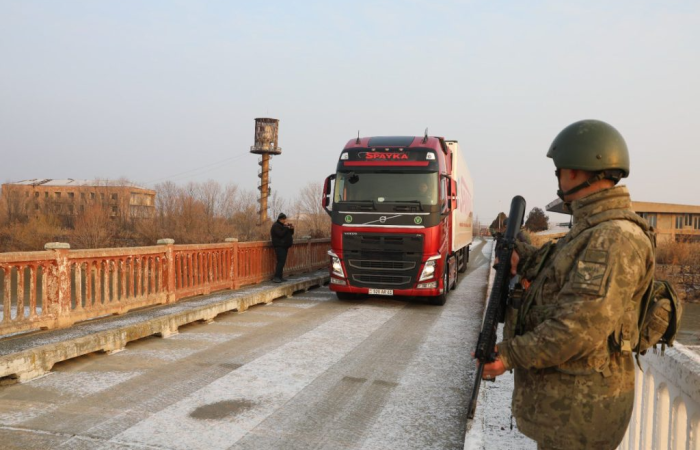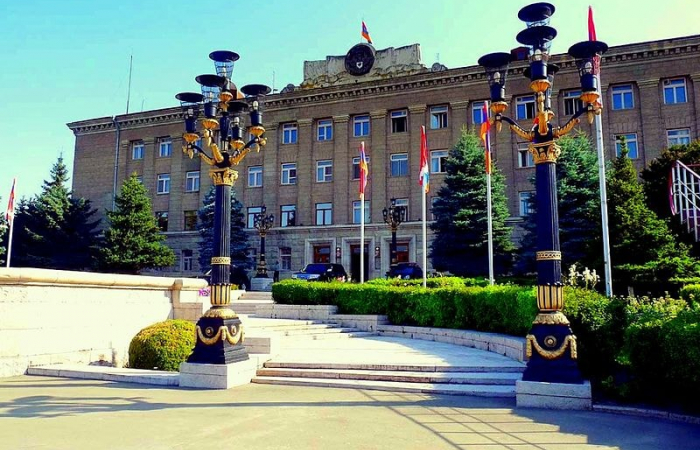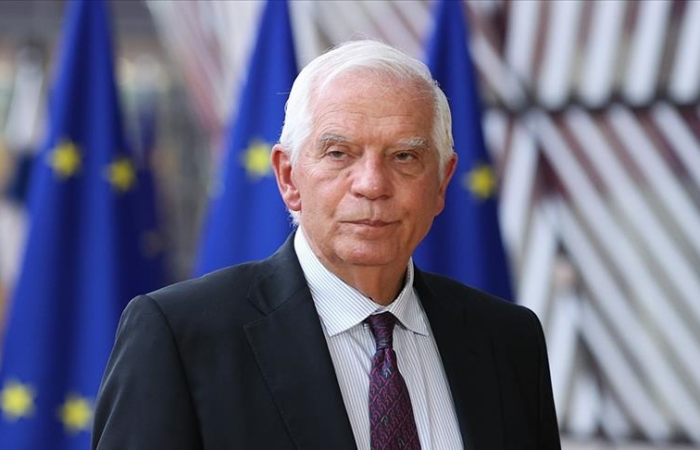Editor's choice
This is a members’ functionality. Please
Sign upMonday Commentary
Trending
Monday Commentary: Sudan, a failed state that requires help
3 November 2025
In todays’ crowded field in international relations, Sudan hardly is ever in centre stage. These days news, in the mainstream western media at least, is where Donald Trump decides to focus. But the events of the last days in Sudan were too grotesque to ignore. The rebel Rapid Support Forces (RSF), finally won complete control over the Southern region of Darfur, overrunning the last base of the Khartoum government army (SAF), in EL Fasher. In the process, the RSF forces went on a spree of violence, killing at random civilians, and conducting a massacre in a hospital. The world twinged. Western governments issued condemnations, and the mainstream western media, with the exception of the BBC which has kept an interest in the country throughout, reached out for its atlases to find out where Al Fasher was.
Sudan is the third largest country in Africa, occupying, an area of 1,886,068 square kms (728,215 square miles ) and with a population of around fifty million. A key role can be played by four countries that form the so-called "Quad initiative" — the US, Egypt, Saudi Arabia and the UAE. They include the states that could exert real influence in Sudan. The initiative's objective was a roadmap to end the war or, at the very least, a humanitarian truce. However last week (26 October), Quad talks in Washington failed.
At the moment Sudan’s only hope is that international pressure can convince countries like UAE and Egypt to back an immediate ceasefire, and return Sudan to international humanitarian law.
Sudan is already a failed state. But its people are resourceful, and given the right conditions they can rebuild their country. The world must help them to do so.




